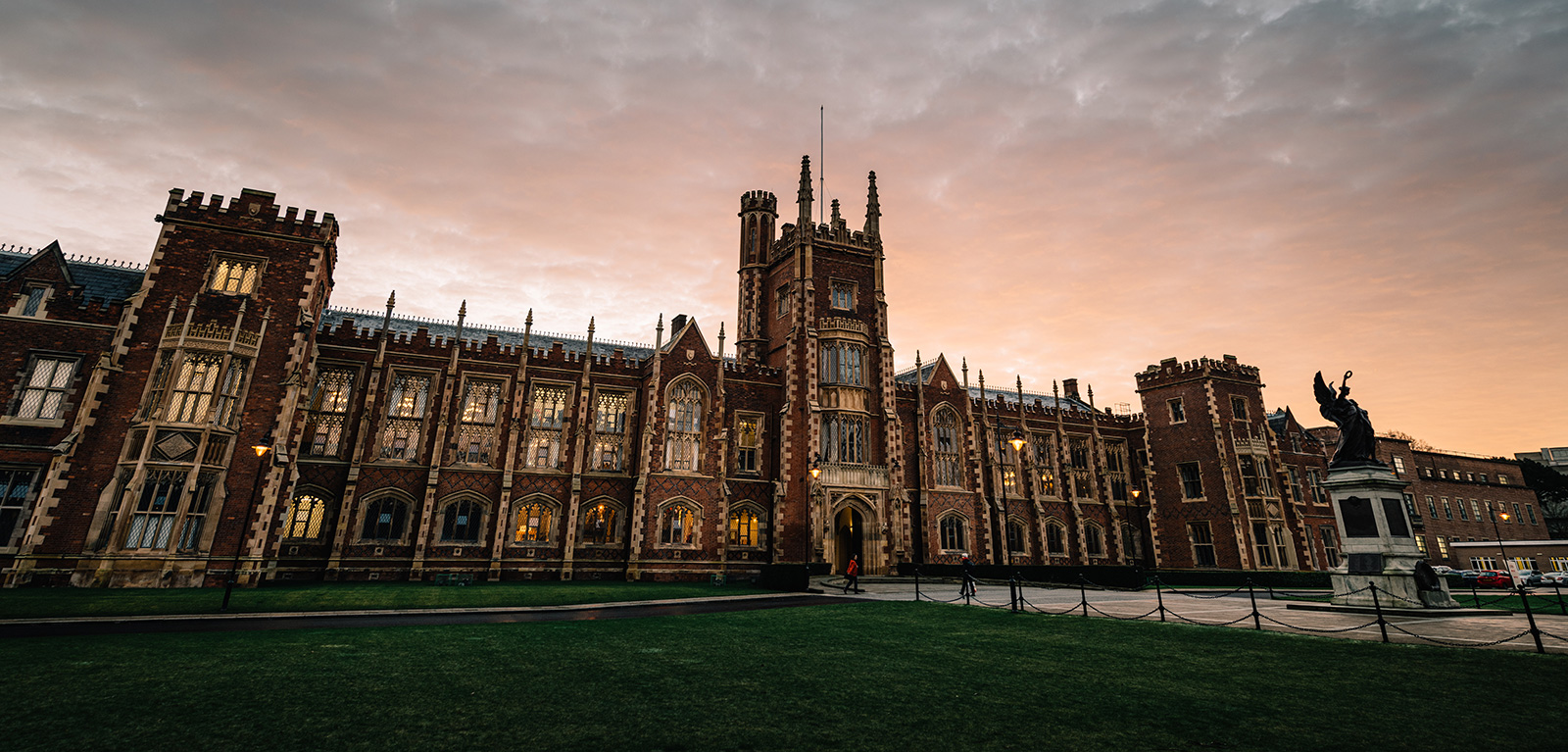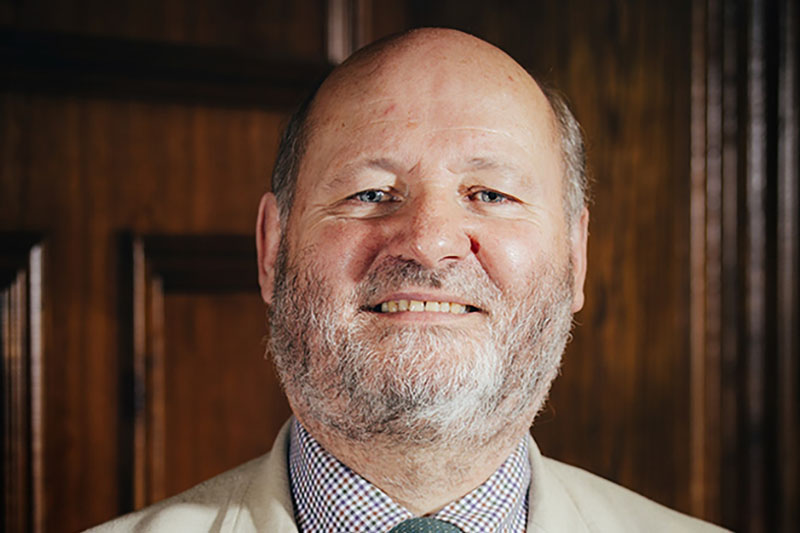New research identifies need for better support for some Service leavers
New research, published today, calls for more support for Services leavers who face challenges transitioning from military to civilian life.

The report, Understanding ‘Negative Transitioning’ in British Ex-Service Personnel, was conducted by a research team from The Senator George J Mitchell Institute at Queen’s University Belfast led by Professor John Brewer.
The study is one of the largest UK qualitative studies to examine the experiences of veterans who make a negative transition to civilian life. The researchers explored three measures of negative transitioning in the 323 people they interviewed: homelessness, imprisonment, or mental ill-health. They found that overall, these individuals face the same challenges as other ex-Service personnel, but lack psychological resilience and the economic means to deal with them.
While the majority of Service leavers make a successful transition to civilian life, a minority are known to struggle. The study found the reasons for a negative transition are not limited to operational experiences whilst serving, but due to multiple factors including pre-service experiences, age of enrolment, rank, capability to make decisions, over-institutionalism in the military and the effectiveness of support services.
The study found that negative transitioning particularly affects low rank veterans who are more likely to join the military from difficult or disadvantaged backgrounds, with the career in the military providing an opportunity to improve their outcomes. However, the research suggests that the Armed Forces can fail to adequately prepare Service leavers which can result in a lack of the emotional, cultural, and social skills needed to ensure that the life they ‘escaped’ from is not the one they return to.
The research also identified several local and regional services which support veterans who have a difficult transition, highlighting the importance of local knowledge, resources, and facilities in improving outcomes for veterans and their families. The researchers recommend a greater focus on local support provision, whilst calling for more collaboration and cooperation between support providers on a national and regional scale to ensure no Service leaver’s needs are left unmet.
Professor Brewer said: "This is an outstanding study into a very hard-to-access group of veterans, and while they are untypical of the majority of veterans who transition successfully, they attract considerable media and public attention. The research addresses their lived experiences in their own words, revealing remarkable testimony of their difficulties in transitioning back to civilian life. The research also captured the views from family members and support providers. No study before has dealt with these issues in such depth and scale.”
Mike Ellicock, Chief Executive of Forces in Mind Trust, said: “We know that most Service leavers transition successfully to civilian life, their lives enriched by their service. Forces in Mind Trust exists to improve transition for those who face additional challenges. This research is extremely helpful for us and those who support these individuals, in providing a greater understanding of why Service leavers might experience a negative transition. I would encourage anyone who is interested in this area to read the report in full.
“We acknowledge that significant progress has been made since this research was conducted, with the Office for Veterans’ Affairs and Defence Transition Services becoming operational in that time. However, the research outlines some improvements which can be made to support those who are more likely to experience a negative transition, and we hope to see these taken forward.”
The report can be accessed at the following link https://www.fim-trust.org/wp-content/uploads/QUB-Negative-Transition-FINAL.pdf.
Featured Expert

Media
Media inquiries to s.devlin@qub.ac.uk